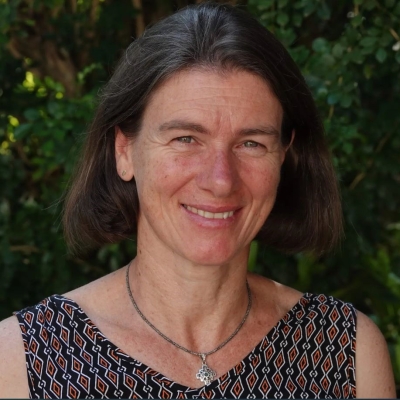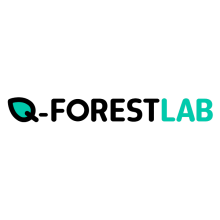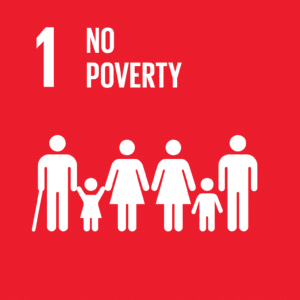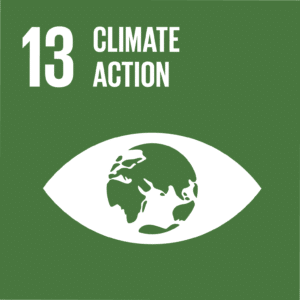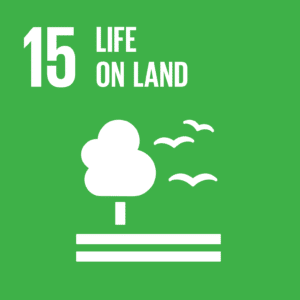Protection of the Amazon rainforest through patrols, good governance, and satellites
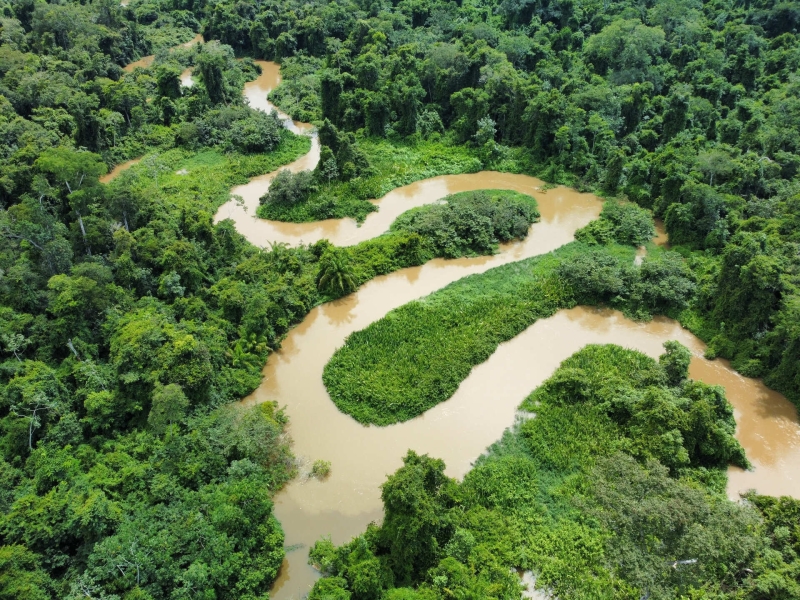
The crucial role of communities in the fight against deforestation in Ecuador
To avoid the tipping point of climate change, it is crucial that at least 80% of the Amazon rainforest is protected by 2025. Indigenous communities play an essential role in this effort. Unfortunately, the world's largest rainforest is under daily threat by activities such as oil extraction, large-scale agriculture, illegal logging and the expansion of road networks.
The province of Pastaza, centrally located in the Ecuadorian Amazon with an area of over 2 million hectares, 80% of which is covered by forest, is no exception. A staggering 83% of Pastaza lies within the 22 official oil extraction blocks. Although only 7 of these blocks are currently active, government plans indicate that more blocks will soon be used for oil extraction. This would have a devastating impact on the valuable ecosystem.
The threats are already particularly tangible in the Sapara territory, located in the southeastern part of Pastaza province, with potentially disastrous consequences for both the environment and the local population. This area, covering 370,247 hectares, consists almost entirely of tropical lowland rainforest and is home to 23 different communities.
Strengthening monitoring systems as a climate action plan to combat deforestation
To counter these threats, the participatory monitoring mechanisms of the Sapara people will be strengthened. The existing community monitoring system will be expanded to include more Sapara communities. The skills of territorial supervisors will be further developed, enabling them to better analyze, manage and utilize monitoring data in collaboration with the Sapara Governing Council for effective decision-making. Additionally, a model will be developed to accurately measure the impact of this monitoring on deforestation and CO2 emissions in collaboration with experts from Ecosciencia and Ghent University.
At the provincial level, existing monitoring systems are being enhanced to reduce the negative impact of economic activities and infrastructure projects that promote deforestation. This includes the development of a forest monitoring module and supporting indigenous organizations in strengthening their territorial management systems. In collaboration with CONFENIAE, the umbrella organization for indigenous groups in the Amazon, the gained knowledge will be documented and experiences will be shared.
The local monitoring systems being implemented track and report threats to forests and territories, enabling communities to respond effectively.
In addition to protecting the unique ecosystem of Pastaza, the project also contributes to global efforts against climate change through the sustainable management of forests.
Want to know more about this project?
